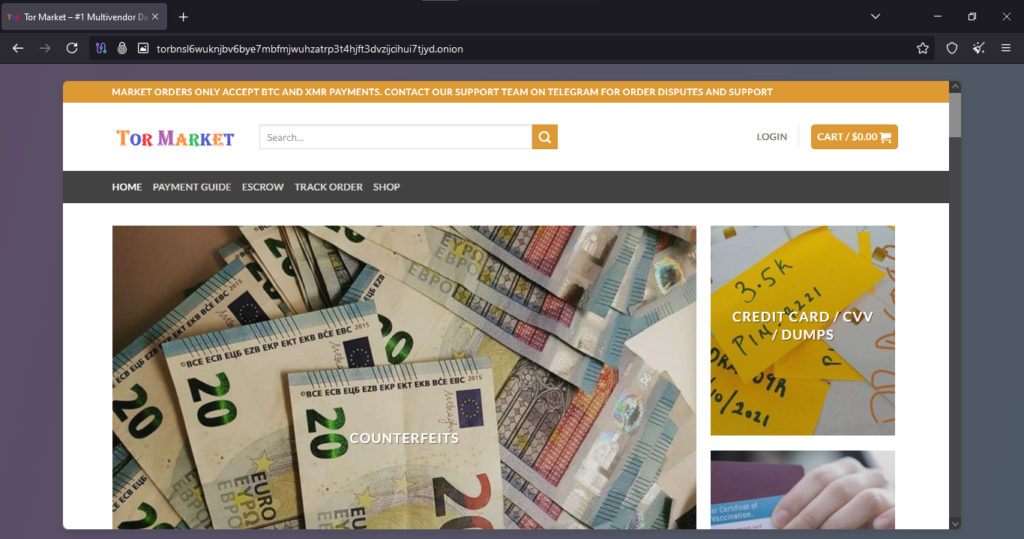Table of Contents
ToggleTor Marketplace – TOR Scam Report (189)
Onion Link : http://torbnsl6wuknjbv6bye7mbfmjwuhzatrp3t4hjft3dvzijcihui7tjyd.onion
Scam Report Date : 2025-02-01
Client Scam Report Breakdown
Original Scam Report :
The scam report discusses key components of transactions on deep web marketplaces, particularly focusing on escrow services, Bitcoin transactions, and blockchain accounts. It explains that an escrow service is a financial arrangement where a neutral third party holds funds until both the buyer and seller fulfill their obligations. In theory, this reduces scam risks by ensuring that funds are only released after the agreed-upon conditions are met. The report also highlights Bitcoin (BTC) as a preferred digital currency for transactions on the deep web due to its pseudonymous nature, meaning transactions are recorded on the blockchain but do not directly reveal users’ identities. Furthermore, the report references a blockchain account, which functions as a cryptocurrency wallet used for storing and transferring Bitcoin. Finally, Fiona, a figure in the report, mentions the Tor network, an anonymizing system that enables access to hidden marketplaces beyond the reach of traditional search engines, allowing users to engage in transactions with greater privacy.
Defining Terminology and Terms
To better analyze the potential scam, it is important to break down key terms used in the report. Escrow services in deep web marketplaces are meant to act as a safeguard, ensuring that sellers do not receive payments until buyers confirm the delivery of goods. However, many fraudulent marketplaces create fake escrow systems, tricking users into depositing funds that will never be returned. Bitcoin (BTC) is a decentralized digital currency, meaning it is not controlled by any government or financial institution. While it provides a layer of pseudonymity, meaning transactions are not directly linked to real-world identities, all transactions are permanently recorded on the blockchain, a digital ledger. A blockchain account (or cryptocurrency wallet) is essential for sending and receiving Bitcoin. However, in scam operations, fraudsters often request victims to send BTC to a one-time-use blockchain wallet, making fund recovery nearly impossible. The Tor network, mentioned by Fiona, is an anonymizing tool that allows users to bypass censorship and access deep web marketplaces. While Tor is commonly used for privacy-focused browsing, it is also exploited by scammers who create fake marketplaces designed to steal funds from unsuspecting users.
Analysis of the Scam Report
The report highlights several red flags that indicate a potential scam. While escrow services are supposed to provide transaction security, fraudulent marketplaces frequently advertise “secure escrow” while secretly controlling the system to prevent refunds. Additionally, Bitcoin’s pseudonymous nature makes it a favored currency for scams, as victims cannot dispute transactions or reverse payments. If a buyer sends funds to a fraudulent blockchain account, there is no financial institution to intervene or retrieve the money. The mention of the Tor network is also significant, as many scam sites use Tor to evade law enforcement and create an illusion of legitimacy. Scammers often pose as reputable vendors, promising secure escrow transactions, only to disappear once payments are made. Given the elements outlined in the report, it is evident that deep web marketplaces require extreme caution, as even commonly trusted systems like escrow services and cryptocurrency transactions can be manipulated for fraudulent purposes.







